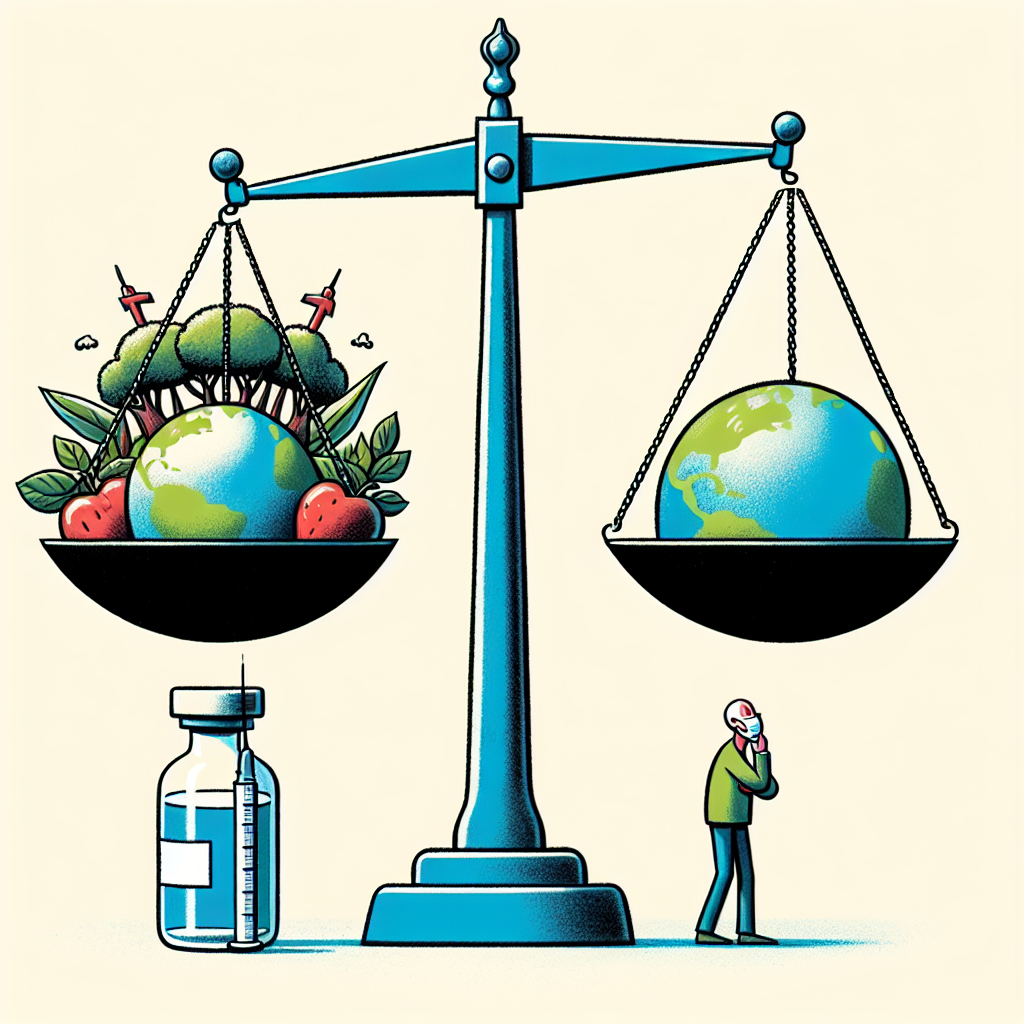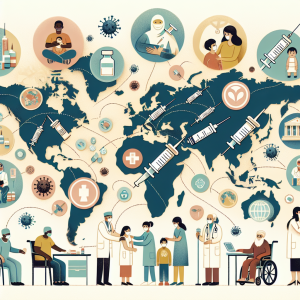
Vaccine Hesitancy and for Public Health
Vaccine hesitancy has emerged as a significant public health issue with potentially dire consequences. We are seeing mandates in many states being rolled back, most recently in Florida. This phenomenon is not only affecting human health but has also infiltrated veterinary medicine, causing concern among health experts worldwide.
Vaccine Hesitancy in Veterinary Medicine
The New York Times recently reported on the spillover of anti-vaccine sentiment into veterinary practices, with some pet owners hesitating to vaccinate their animals against diseases such as rabies, which can be fatal.
This reluctance is based on unfounded fears and misinformation similar to those in human healthcare. The repercussions of not vaccinating pets pose not only a risk to animal health but can also have serious implications for zoonotic disease transmission.
The Human Impact
Vaccine hesitancy also impacts human health. The rise of diseases such as diphtheria, once deemed under control, is a stark reminder of the dangers associated with declining vaccination rates.
The effects of vaccine hesitancy are underscored by reports of outbreaks in regions previously free from these diseases, fueled by a combination of war, climate change, and vaccine mistrust.
Public Health Response
The resurgence of vaccine-preventable diseases calls for a robust public health response, emphasizing the importance of maintaining high vaccination rates. Educational campaigns that target misinformation and promote vaccine awareness are crucial in countering this growing threat.
Societal Implications
The consequences of vaccine hesitancy extend beyond individual health concerns, impacting broader societal structures. In the realm of public policy, vaccine hesitancy challenges healthcare systems, requiring adaptations in public health strategies and resource allocation.
Global Health Conflicts
This issue is not confined to any single nation and has become a global concern, influencing international health regulations and pandemic preparedness strategies. Public health experts warn that if left unchecked, vaccine hesitancy could undermine decades of progress in disease control.
Combating the Trend
- Enhancing Vaccine Education: Launching targeted education programs to dismantle myths and reinforce the safety and importance of vaccines.
- Strengthening Policy Frameworks: Implementing policies that support vaccination adherence and combat misinformation.
- Global Cooperation: Promoting international collaboration to address cross-border health threats posed by reduced vaccination rates.
Conclusion
The resurgence of vaccine hesitancy poses a significant threat to public health. Addressing this issue requires a concerted effort from governments, healthcare professionals, and communities to safeguard public health achievements and protect future generations.
As we continue to fight the spread of misinformation, the collective aim should be to promote the life-saving benefits of vaccines and uphold the integrity of public health systems worldwide.


